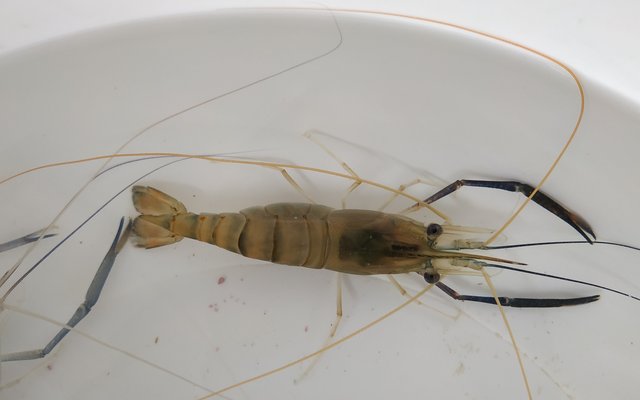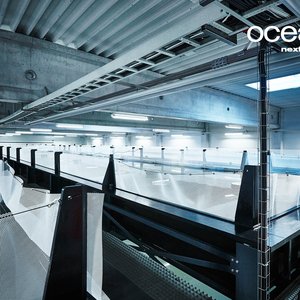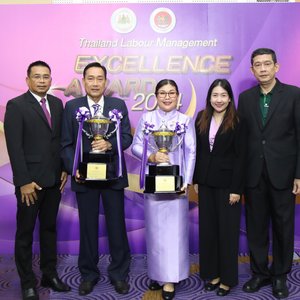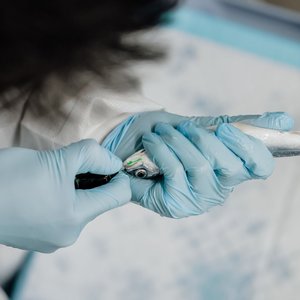Watershed, a cutting-edge company in sustainable aquaculture and biotech, and Evogene, a computational biology company, together with Ben-Gurion University (BGU), received approval from the Israel Innovation Authority (IIA) for a second-year grant to continue developing CRISPR technology for crustaceans, following a successful first year.
The collaboration aims to provide a sustainable solution to existing limitations in gene editing for non-model organisms with sparse genomic data and protocols, focusing on improving key traits such as growth rate, disease resistance, and environmental adaptation in crustaceans, targeting giant freshwater prawn, white leg shrimp and red swamp crayfish.
During the first year, the partners successfully met the collaboration's planned goals. Evogene leveraged its advanced GeneRator AI tech engine and provided predictions for optimal guide RNAs (gRNAs), through several novel features: utilization of un-annotated genomes (lacking gene models), consideration of natural DNA variance in gRNAs design, and off-target prediction to increase editing specificity. This allowed Watershed and BGU to successfully produce the first edited giant freshwater prawn (Macrobrachium rosenbergii) with a selected target trait of a colored eye, post larvae at advanced life stages, thereby achieving the main milestone in the utilization of CRISPR technology in crustaceans.
In the second year, the collaboration's main target is to industrially scale up CRISPR technology for giant freshwater prawn and expand the obtained application to the additional crustacean species, white leg shrimp (Litopenaeus vannamei) and red swamp crayfish (Procambarus clarkia).













